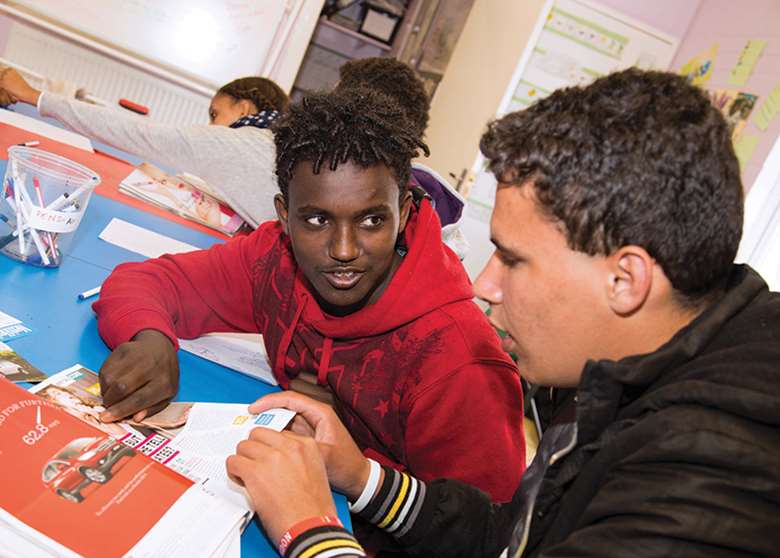Keeping asylum seekers safe
Derren Hayes
Tuesday, November 28, 2017
Shortfalls in funding and recruitment seen as key barriers to delivering asylum safeguarding strategy.

A new Home Office and Department for Education strategy aims to improve the safeguarding of unaccompanied asylum-seeking children through measures designed to increase placements and the level of support available.
There are 4,560 unaccompanied children in local authority care, accounting for around six per cent of the total looked-after child population.
Children's services experts have welcomed the strategy as a sign the government wants to tackle systemic problems hindering support for unaccompanied children.
However, they identify three key barriers that need to be addressed if the strategy's main measures are to be effective.
1. Funding of places
The government has pledged to review the amount of money councils receive from central government to cover the cost of looking after unaccompanied children. This follows concerns raised by local government leaders that current annual funding rates - £41,610 for children under 16 and £33,215 for 16- and 17-year-olds - do not meet the full costs of a care placement.
David Simmonds, chair of the Local Government Association's asylum taskforce, says the review, which is due to be completed by April 2018, must ensure councils are properly resourced to meet unaccompanied children's support needs.
"With the current rates there is always a shortfall," he says. "The average child in care costs £50,000 a year and a specialist residential placement costs more than £100,000."
Simmonds says unaccompanied children often have additional support needs that authorities must try to meet.
"For older children there are language and cultural barriers, issues around the loss of parents and having experienced war," he says.
The shortfall in Home Office funding has resulted in a number of authorities withdrawing support from the voluntary national dispersal scheme, set up last year to distribute unaccompanied children more evenly across the country.
4,560unaccompanied asylum-seeking children in care at 31 March 2017
1,000
specialist asylum foster carers and support workers the governemnt plans to train by 2019
£41,610
amount paid to councils by the Home Office to meet care costsSource: Safeguarding unaccompanied asylum-seeking children, DfE, November 2017
]]




